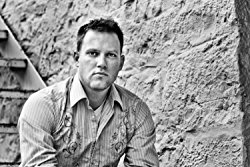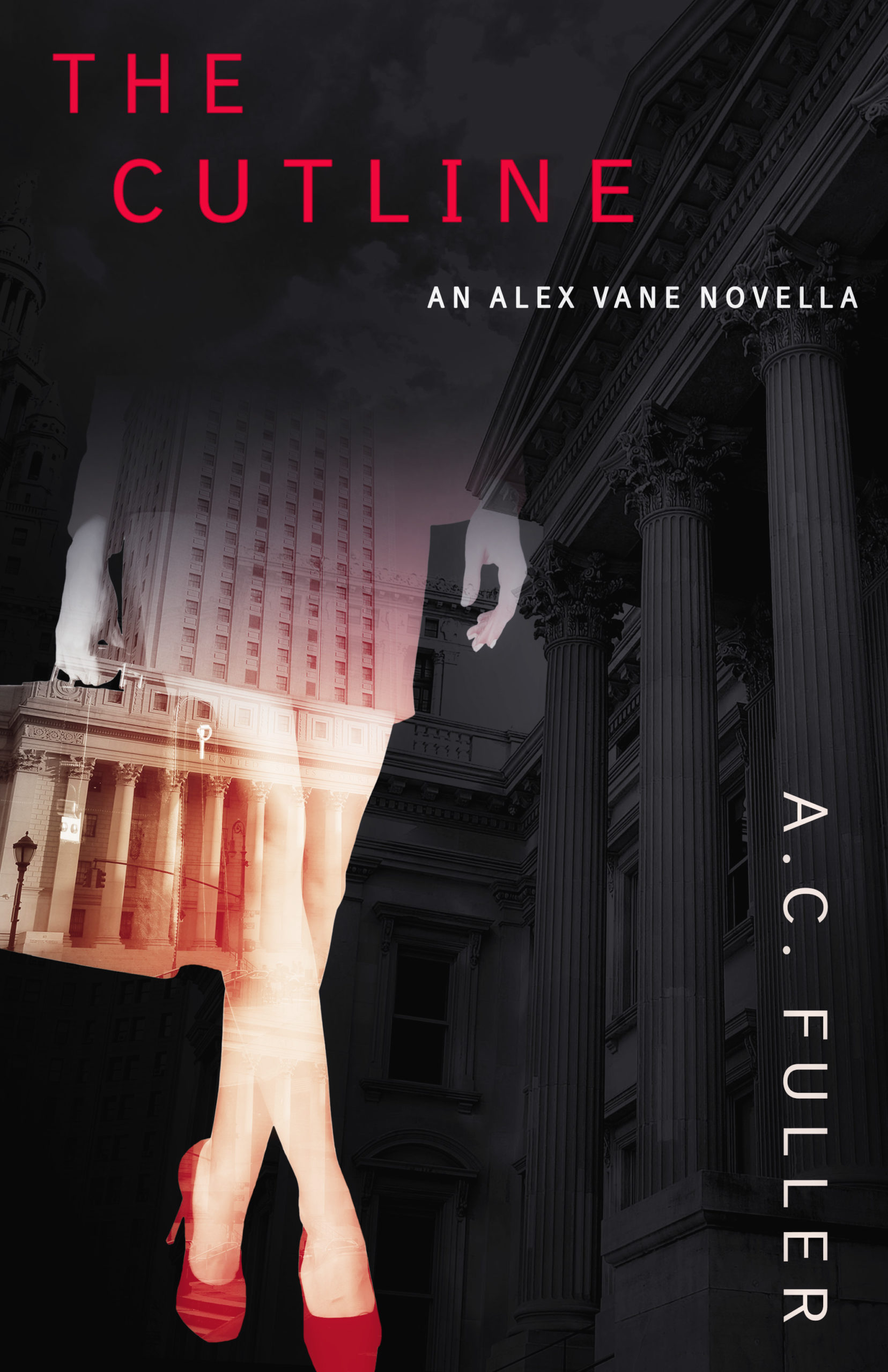This is the prologue to a writing book in progress, WRITER 2.0, which won the 2014 SF Writing Conference Contest, non-fiction category. You can listen to a summary of my thoughts in the podcast episode above.
I have taught writing in wildly diverse settings for fifteen years. From privileged nineteen-year-olds in New York City, to Native American students in Washington State, to adults struggling with jobs and families, writers everywhere face five distinct challenges. This post is about how to work with those challenges and all their permutations when writing your book.
The most important thing when writing a book is writing every day. Writing when you’re inspired and when you’re bored. Writing when your life is going well and when it’s going terribly. And, of course, writing when you would really rather read another blog post about writing. For this reason, I’m offering a summary of the book I’m working on in this post.
1. WRITE THE BOOK ONLY YOU CAN WRITE
Don’t ask yourself what the world needs. Ask yourself what makes you come alive and then go do that. Because what the world needs is people who have come alive.
– Howard Thurman
Every year, publishers throw marketing money behind thousands of books. Most of them lose money. A few of them break out. Every year, books published with little financial support climb up the bestseller list, carried to number one by some invisible hand described later as “word of mouth.” And every year, thousands of people self-publish books. Most of them lose money. A few of them break out.
Agents, editors, and publishing companies know a lot, but they don’t know what the next big thing will be. You don’t know either, so don’t bother trying to figure it out. Instead, focus on writing the book you really want to write, the book only you can write. As we’ll see later, by writing the book only you can write you avoid pitfalls, write more efficiently, and have more fun.
Maybe your book will be published and you will strike it rich. Maybe you will self publish and find your audience. Maybe you will print a hundred copies and give them to friends and family. Or maybe you will delete the book a year from now and write something else.
In any case, the book will not win you anyone’s true love. It will not fix your life. It will not silence the voices in your head. Money is not the best motivator, and neither is trying to please someone else. If you write the book you truly want to write, you are much more likely to complete it, and to actually enjoy the process of writing.
In the end, you will be alone with your book. But writing it might teach you something about the world and about yourself. And this will only happen if you write the book that is true to you, the book you need to write, the book only you can write.
2. DON’T QUIT YOUR DAY JOB, BUT NOT FOR THE REASON YOU THINK
How vain it is to sit down to write when you have not stood up to live.
– Henry David Thoreau
I don’t have time.
It’s the excuse we use for everything. And it’s the best excuse not to write. But here’s the thing: you do have time to write. You just use it to do other things.
Most writers have busy lives: families, jobs, hobbies, and other commitments. Naturally, we fantasize about a full-time writing life. But this is not what we need. For most, this would be a terrible thing. What we need is to make time to write in the midst of our busy lives, not instead of them.
Why? Because we need things to write about.
Most readers live busy lives, too, and they want to learn about real life in our books. This is true whether we write fantasy, ancient history, poetry, or any other genre. And to write about life, we must live fully.
A sexy co-worker can make his way into your sci-fi epic. A trip to the beach with your kids could appear in your history of fishing in Thailand. An abusive boss might disappear in your mystery series.
People don’t want to read books by writers who are only engaged with the content of their own minds. They just don’t. You might succeed as a writer and you might not. But either way, don’t quit your day job.
3. WRITE BAD FIRST DRAFTS
You can fix anything but the blank page.
– Nora Roberts
The biggest problem beginning writers have is fear. Fear of being judged. Fear of looking stupid. Fear of writing badly.
For some, this comes from bad experiences in school. For others, it’s a general lack of self-confidence. But no matter how many times I say that it’s okay to start with a rough first draft, students still stare at the blank screen, frozen with indecision and fear.
I try to convince them that most books they love were constructed, over time, from bad first drafts. I tell them that this is the way it must be. I tell them that this is no different than anything else.
If you’re learning French, you have to be willing to be bad at it, to sound ridiculous faking the accent. If you’re overweight and want to run a marathon, you must waddle out those first short runs. There is no other way. Over time, students learn to write their first drafts, no matter how rough, by setting aside their inner critic and learning the revision process.
Many people walk through life wanting to write a book. Other than “I don’t have time,” their biggest reason not to is, “It won’t be any good.” And they’re right. Their first draft won’t be any good. But it will be valuable. And each new draft will be a little better.
4. DON’T WAIT FOR THE MUSE
You can’t wait for inspiration. You have to go after it with a club.
– Jack London
Our culture is infatuated with the idea of the brilliant, tortured artist. We like to imagine our authors sitting alone in a darkened room—probably smoking—as the Muse, or God, sends brilliance through his fingers into the pen or keyboard.
Sometimes writing feels like this.
Usually it doesn’t.
We all have writing sessions when the work seems to come out of nowhere. Moments when the Muse has struck. But more often we feel like we’re just plugging away. Word by word, day by day. Some days it’s more like pulling teeth.
And when the Muse does strike, it’s often because we’ve put in hours and hours, struggling with a particular problem until something clicks. It’s simple: If you wait for inspiration before sitting down to write, you will never finish a book.
We will discuss how to balance inspiration and perspiration in another post, but, for now, consider the story of the sitar player who was discouraged with his meditation practice and asked the Buddha for help.
“What happens when you tune your instrument too tightly?” the Buddha asked.
“The strings break,” the musician said.
“And what happens when you string it too loosely?”
“When it’s too loose, no sound comes out. The string that produces a tuneful sound is not too tight and not too loose.”
“That,” said the Buddha, “is how to practice: not too tight and not too loose.”
It’s also how to write.
5. NOT WRITING TAKES MORE TIME THAN WRITING
At some point, I just have to be honest with myself that I’ve been screwing around, shake it off, and get the hell to work.
– Barry Eisler
Every semester I hand out the same assignment in English 101: a five-paragraph essay, 400-600 words, on one of five topics. Due in a week.
How does a typical student respond? She groans and glances at the assignment. Slight anxiety. She puts the assignment in her binder and waits a few days. More anxiety.
She takes the assignment out and works on it for a few minutes, then puts it away. A couple more days. The anxiety moves from the back to the front of her mind. Another day. Finally, she is overcome with dread as she realizes that the assignment is due in a few hours.
Sound familiar? Many of us use the same “process” to complete assignments at work or around the house. And many attempt to write books the same way.
To draw attention to this, I do an experiment every semester. After handing out the assignment, I hook my laptop to the projector. I open a blank document. As a class, we choose a topic and brainstorm a five-paragraph essay. The students talk while I type. I prod them with questions. I write their answers and eventually we have an outline.
I say things like, “Say another sentence about that.” Again, students talk, I type. We continue until we have a five-paragraph essay. Granted, it’s not a well-researched masterpiece. But it’s a solid B.
On average, it takes us forty-three minutes.
On the one hand we have a week of procrastination, anxiety, and dread. Imagine writing a whole book this way. Maybe you have already tried. On the other hand we have forty-three minutes of focused work. Now imagine writing a whole book this way.
Most of us do the former but most would prefer the latter.
Images in this post appear courtesy of Billy Alexander (Stop/Start sign), http://emboldenzine.com/, Zsuzsanna Kilian (sun through clouds), Ralph Kiesewetter (raindrop) and Zsuzsanna Kilian (man with pencil, garbage can).
Podcast: Play in new window | Download











